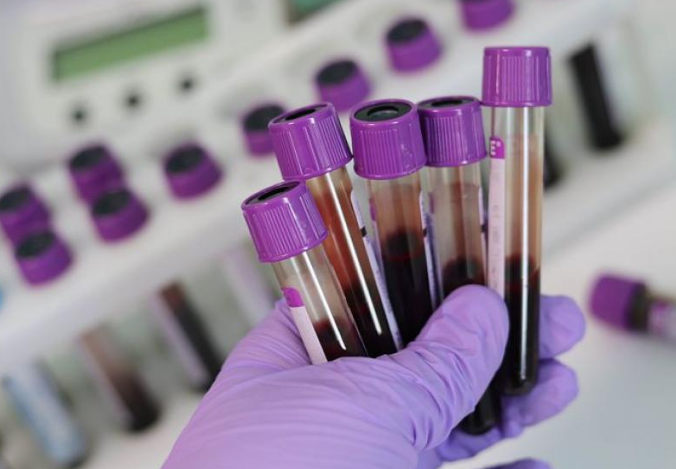
Inivata has developed the InVision platform based on research from the Cancer Research UK Cambridge Institute at the University of Cambridge. Its lead product, InVisionFirst-Lung, is commercially available and was developed to provide molecular insights that enable clinicians to make more informed treatment decisions for patients with non-small cell lung cancer (NSCLC).
Morris said it was interesting to hear a speaker at the recent American Society of Clinical Oncology (ASCO) meeting say that today genomic profiling of lung cancer, either by tissue or blood, is standard of care.
“It’s a wording shift, but actually it’s quite a fundamental shift in terms of how people are thinking about this,” Morris said. “I think it reflects that the data is now being presented, more people are trying these technologies, there is reimbursement … these tests are becoming more mainstream and people are gaining confidence with using them.”
Inivata is partnering with pharmaceutical and biotechnology companies on InVisionFirst-Lung and its wider platform, and the company is exploring potential future indications of the platform.
“There are some really exciting things we have in our pipeline,” he said.
The company had two poster presentations at ASCO that helped to further refine which clinical situations are most suitable for ctDNA testing and where the technology can add value. For example, one study looked at the distribution of tumors. That’s important because if a patient has cancer that has spread to other parts of their body, the location of the disease affects the amount of ctDNA in their blood, Morris explained.
Another study focused on the pattern of resistance mutations among patients treated with ALK inhibitors, and how that may affect a patient’s sensitivity to different treatments.
Earlier this year Inivata also published clinical validation results and real-world utility of its InVisionFirst-Lung test for use in advanced NSCLC patients. The company conducted two prospective, multicenter studies in collaboration with 41 institutions across the United States. The data, published in JCO Precision Oncology in April, shows the potential of the test to improve delivery of comprehensive tumor genomic profiling. The data was also presented at the World Conference on Lung Cancer in September 2018.
The studies recruited 264 advanced NSCLC patients and compared the genomic profiling performance of InVisionFirst-Lung versus standard-of-care tissue testing. The studies showed that Inivata’s liquid biopsy test demonstrated excellent concordance with tissue profiling, with a high level of sensitivity and specificity.
Notably, the InVisionFirst-Lung liquid biopsy test detected 26% more actionable alterations versus standard-of-care tissue testing. More comprehensive testing with InVisionFirst-Lung could lead to more accurate patient stratification and potentially to improved outcomes based on more personalized therapy, the company said. See below for additional details and results of these studies.
“Advanced liquid biopsy technologies like our InVision platform are becoming increasingly important for helping to refine and improve the treatment of cancer, particularly in cases where tissue testing is not achievable.”
Inivata has a CLIA certified, CAP accredited laboratory in Research Triangle Park, NC and laboratories in Cambridge, England.
Additional Study Details and Results
Two prospective multi-center clinical validation and utility studies were conducted enrolling 264 advanced untreated NSCLC patients. Tumor tissue-based genotyping was available in 178 patients for comparison to plasma profiling. The remaining 86 patients were included to compare ctDNA profiles across patients with and without tissue for profiling.
Considering specific alterations in the 8 clinically relevant genes that most influence patient management in advanced NSCLC, sensitivity was 73.9% with 99.8% specificity; 97.8% PPV and 97.1% NPV.
Overall concordance of InVisionFirst-Lung with matched tissue profiling was 97.8%, 70.6% sensitivity and 99.2% specificity with 82.9% PPV, 98.5% NPV.
The studies support the hypothesis that InVisionFirst-Lung has clinical utility in more than 50% of patients in untreated advanced stage NSCLC, based on detection of clinically relevant mutations in 53.8% of the enrolled patients.
Across the enrolled population, 48 patients with actionable alterations were identified by ctDNA testing compared to only 38 by tissue testing; InVisionFirst-Lung identified 26% more actionable alterations.






 Go back
Go back
